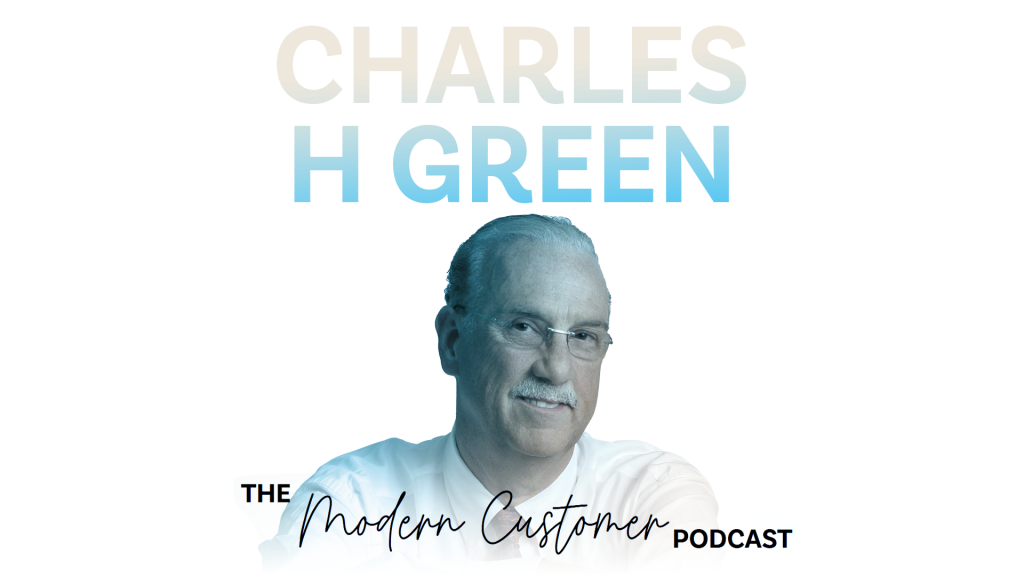Building trust is a crucial aspect of any successful business, especially when it comes to the customer experience. But how exactly can organizations foster trust, and what role does emotional safety play in this process?
One individual who has made significant strides in understanding the dynamics of trust is Charles H. Green. He has dedicated his career to understanding the dynamics of trust and how it influences various aspects of our lives. His insights, particularly through his work “The Trusted Advisor,” have profoundly influenced the professional services landscape.
Charles’s insights shed light on the generational differences in trust. He highlighted the changing landscape of trust, with newer generations placing a higher value on emotional safety. Green referenced Google’s “Project Aristotle”, revealing that emotional safety is a fundamental factor in building trust. In a society where work occupies a significant portion of our lives, establishing a sense of security among colleagues is essential. As one person aptly put it, if we don’t experience emotional safety at work, are we truly living?
In today’s environment, where discussions about mental health are on the rise, the concept of emotional safety takes on added importance. This delicate balance adds complexity to the pursuit of emotional safety in the workplace. But, as Green shares, “There’s almost nothing you can’t say if you say it with enough respect and genuine care about the other person. It’s your tone of voice, not the words, that people react to.”
The topic of personal virtues and institutional values also plays a pivotal role in building trust. Green underlined the importance of aligning individual ethical values with those of the organization. When employees and leaders share common values and demonstrate personal virtues like honesty, integrity, and empathy, it strengthens trust within the company.
In conclusion, cultivating trust in organizational culture is an ongoing process that requires a multifaceted approach. Charles Green’s insights from the podcast emphasize the role of emotional safety, the impact of generational differences, and the importance of personal virtues and institutional values. As businesses navigate the evolving landscape of trust, they must prioritize a culture of emotional safety, open dialogue, and alignment of individual and organizational values to maintain trust.
_________________
Blake Morgan is a customer experience futurist and the bestselling author of The Customer of the Future. For regular updates on customer experience, sign up for her weekly newsletter here.

